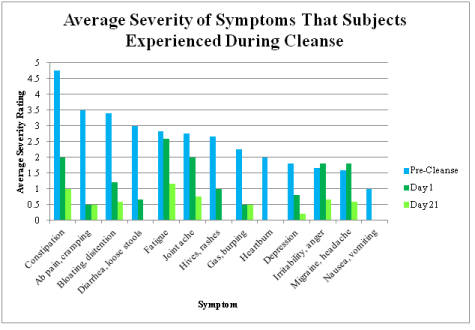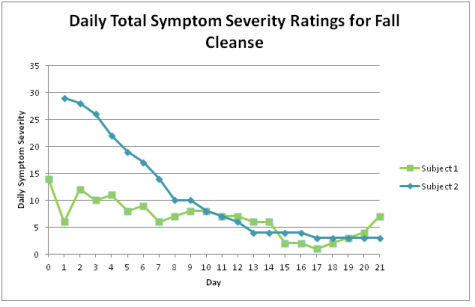My Senior Thesis on Diet and Chronic Health
Many people have concerns with changing their diets: Will I be able to maintain the diet for an extended time? Can I afford it? Will I enjoy it if I’m missing out on so many foods?
The 21-Day Cleanse, hosted by Dr. Sherri and Stockton Jacobs of HealthE Coaching, is a three-week regimen in which people eliminate the most common food sensitivities in the modern world: gluten, milk, coffee, sugar, peanuts, eggs, alcohol, corn, and soy. And if necessary, nightshades, which include peppers, potatoes, eggplants, and tomatoes.
At Academic Magnet High School in North Charleston, all students must complete a senior thesis project to graduate. My thesis advisor and English teacher, Ms. Hurt, connected me with Dr. Stockton. I was inspired by the philosophy of the 21-Day Cleanse: using whole foods, nutrition, and physical modalities to help the body achieve optimum health. While studies have shown that gluten-free or lactose-free diets helped people with chronic conditions, from the well-documented celiac disease to the less-researched fibromyalgia, it makes sense that eliminating more than one sensitivity would lead to a synergistic change in health. This theory was the basis of my thesis: Effects of a Comprehensive Dietary Program on Perceived Health.
The diet in the Cleanse reminded me of Elaine Gottschall’s Specific Carbohydrate Diet and Andrew Weil’s Anti-Inflammatory Diet, both of which encourage the consumption of anti-inflammatory plant products and fresh meats rather than processed goods, such as grocery-store bread, sugary cereals, deli meats, and frozen meals.
I studied the effect of the Cleanse on gastrointestinal and psychological symptoms that are considered common in developed countries, such as abdominal pain, gas, bloating, migraine, fatigue, irritability, anxiety, and depression.

100% of the 9 participants who did not originally report a high quality of life reported an increase in quality of life, and those who reported the highest category maintained that level. 78% planned to reintroduce foods. Many already had previous experience with diets, such as vegan, vegetarian, gluten-free, low-carbohydrate, sugar-free, bariatric, and weight loss. Many also had pre-existing conditions, such as fatigue, allergies, and inflammation. Participants’ goals were to eat healthier, target health issues, improve mood and energy, lose weight, and identify trigger foods.
78% reported having some difficulty with the diet, while others reported no difficulty. What were the challenges that people faced? One problem was being unable to drink alcohol while socializing. Another was specifying eliminated foods at restaurants. Cravings were an expected problem: people missed dairy, bread, and coffee the most. Some experienced hunger between meals and new symptoms at the beginning, such as heartburn. Others found difficulty in the change in habits and routines. One thought that there were too many supplements.
How did participants overcome challenges they faced in the diet? All reported encouraging health changes. 89% of participants reported that they enjoyed new foods allowed in the diet. 44% wanted to decrease risk of disease. 33% reported that social support helped. 22% reported that they did not miss excluded foods, or that they disposed of excluded foods. Others said that having time to prepare their own foods, being more educated about health and nutrition, and concentrating on physical modalities and other activities to calm cravings helped.

A goal of research is not only to discover new information, but also to discover new questions and further areas of research. Without the physical resources for a clinical trial, my thesis study had a small sample size, so demographics were limited. It was a short-term study with no control or placebo, and research is still needed on the relationship between gastrointestinal and extraintestinal symptoms, genetics, and the environment. Moreover, although the comprehensive changes in the Cleanse are likely more effective than individual changes, future research could examine the separate effects of the factors in the Cleanse, among which are diet, physical modalities, supplements, and household changes. Future clinical research would be improved with a larger study population, long-term research, objective measurements such as weight, blood markers of inflammation, the hydrogen breath test, and gut bacteria species distribution, and a control group.
One fun part of the process was designing a symptom survey that each person could use to track his or her symptoms over the 21 days.
Benefits of signing up for the Cleanse are
- education and nutritional awareness
- having a support group to share recipe ideas and talk
- having medical guidance from Dr. Sherri and Dr. Jacobs.
Would you think about adopting the Cleanse lifestyle and diet? Feel free to contact me at selinajpi@yahoo.com with any questions about thesis, Magnet, or more.

















